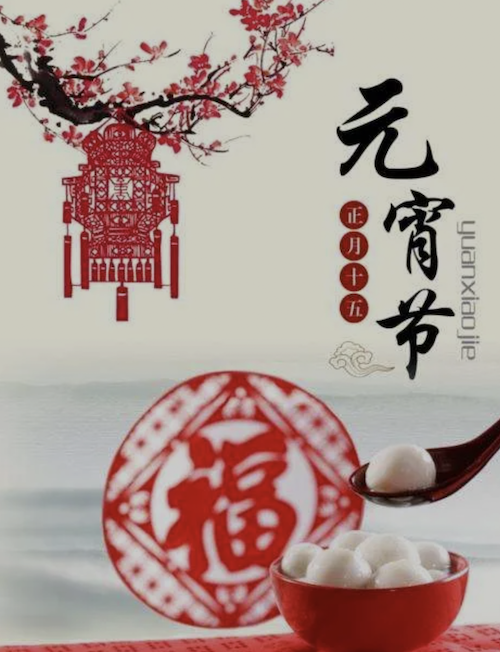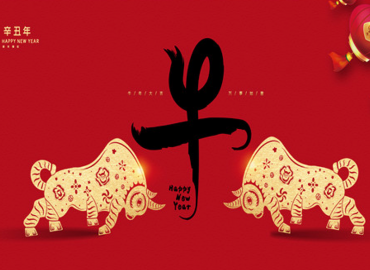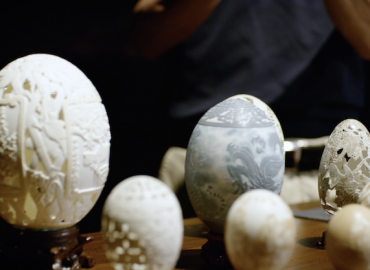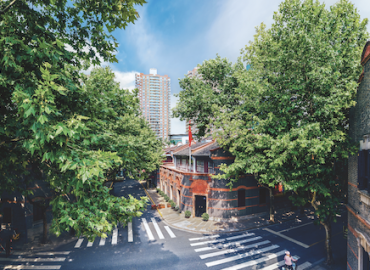Today is the Chinese Lantern Festival, the 15th day of the first Chinese lunar month, which marks the end of the Chinese New Year celebration. In ancient times, this festival was also called Shang Yuan Festival and Yuan Ye. There are many legends concerning the origins of Lantern Festival. According to one legend, Emperor Wen (179 BC-157 BC) of the Han Dynasty celebrated Zhou Bo’s rebellion on the 15th day of the first lunar month. Every night of this time he would be out of the palace to have fun with the people. Because it was the first lunar month, Emperor Wen decided to set the fifteenth day of the first lunar month as the Lantern Festival, and this night was called Yuanxiao.
Sima Qian founded the Taichu Calendar and listed the Lantern Festival as a major festival. The festival was even more prosperous during the Sui Dynasty, the Tang Dynasty, and the Song Dynasty. Even though the customs of the Lantern Festival had made significant changes as time passed by, it is still a Chinese folk traditional festival.
As China is a vast country with a long history and diverse cultures, Lantern Festival customs and activities vary regionally including appreciating the bright full moon, setting off fireworks, lightning and appreciating lanterns, guessing riddles written on lanterns, eating tangyuan, lion dances, dragon dances, walking on stilts, a land boat dance, do the yanko dance and beating drums.
In June 2008, the Chinese Lantern Festival was selected into the second batch of national intangible cultural heritage of China.
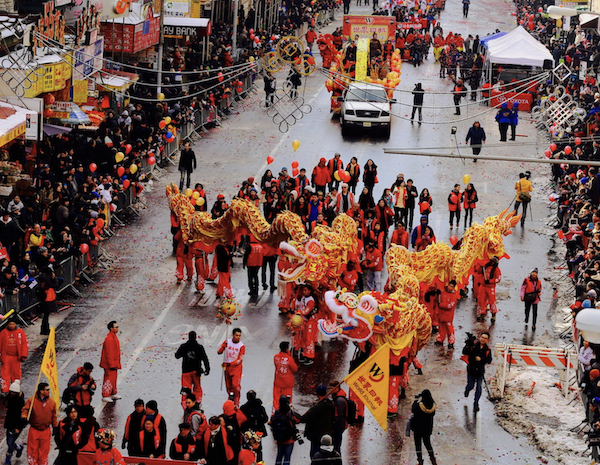
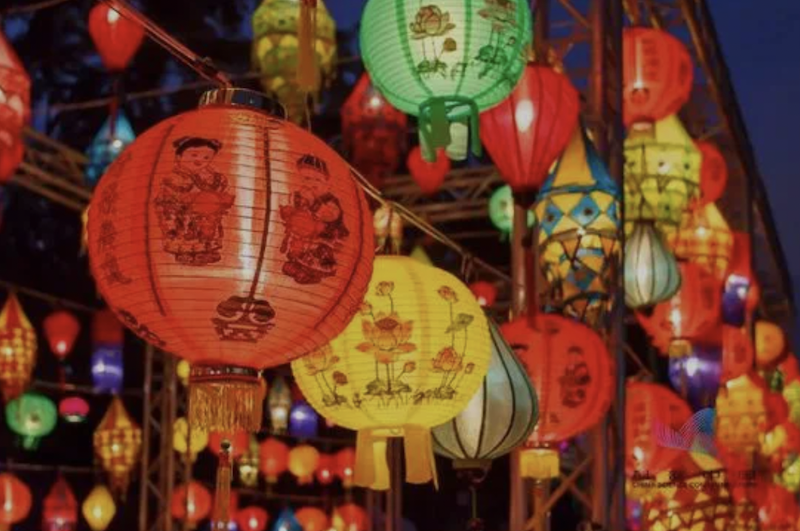
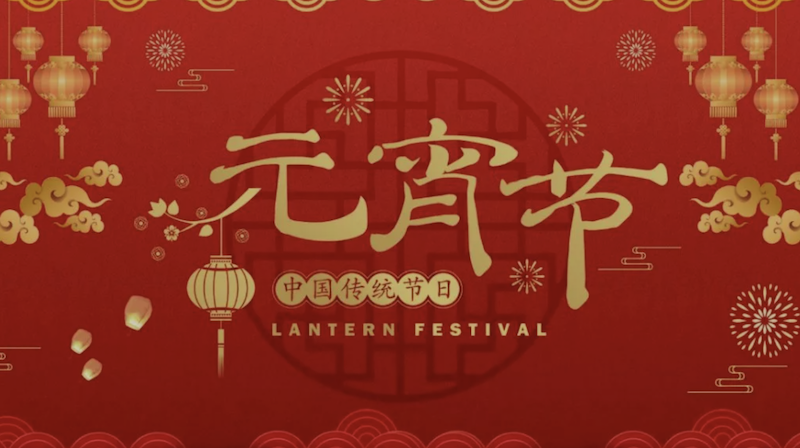
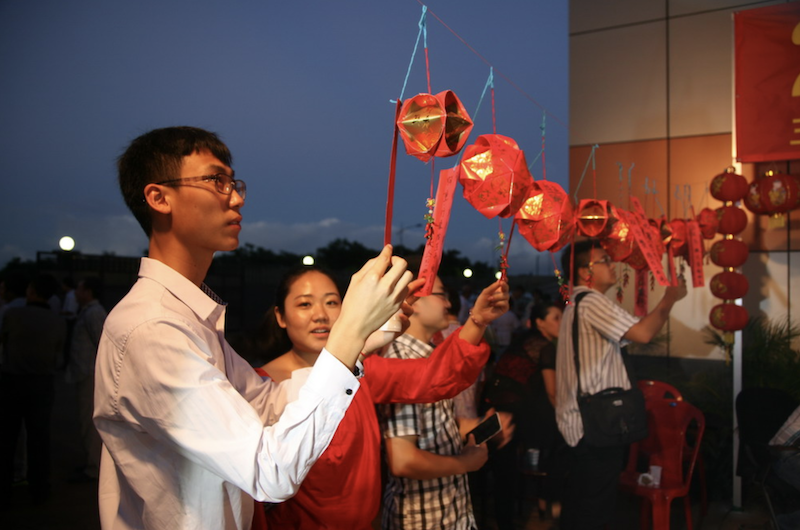
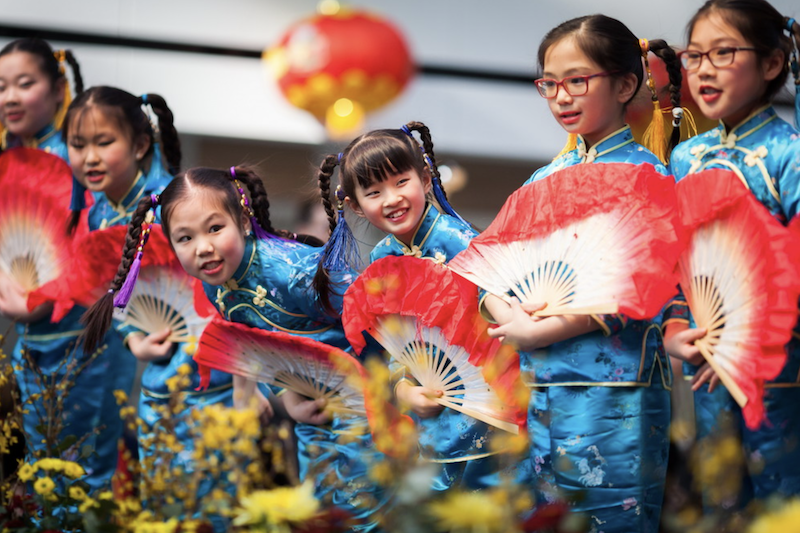
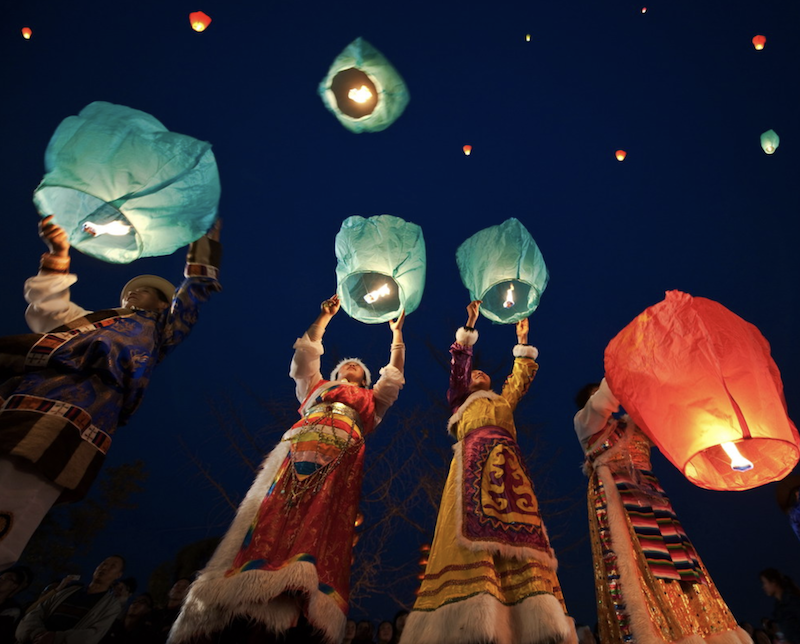
//DANISH
I dag er det den kinesiske lanternefestival, den 15. dag i den første kinesiske måne-måned, hvilket markerer afslutningen på den kinesiske nytårsfest. I de gamle dage blev denne festival også kaldet Shang Yuan Festival og Yuan Ye. Mange legender knytter sig til oprindelsen af lanternefestival. Ifølge en legende fejrede kejser Wen (179 f.Kr.-157 f.Kr.) fra Han-dynastiet Zhou Bo’s oprør på den 15. dag i den første måne-måned. På samme tid hver aften ville han være ude af paladset for at have det sjovt med folket. Fordi det var den første måne-måned, besluttede kejser Wen at den femtende dag i den første måne-måned skulle være lanternefestival, og denne nat blev kaldt Yuanxiao.
Sima Qian grundlagde Taichu-kalenderen, og her blev lanternefestivalen noteret som en stor festival. Festivalen var endnu mere velstående under Sui-dynastiet, Tang-dynastiet og Song-dynastiet. Selvom skikkene af lanternefestival havde foretaget betydelige ændringer som tiden gik, er den stadig en traditionel kinesisk folkefestival.
Da Kina er et stort land med en lang historie og forskellige kulturer, varierer skikke og aktiviteter af lanternefestival regionalt, herunder at gå ud om aftenen i månens skær for at værdsætte dens klare lys, affyre fyrværkeri, opsende og værdsætte lanterner, gætte gåder skrevet på lanterner, spise tangyuan, løvedanse, dragedans, gå på stylter, en landbådsdans, lave yanko-dansen og slå trommer.
I juni 2008 blev den kinesiske lanternefestival valgt til det andet parti af den nationale immaterielle kulturarv i Kina.

